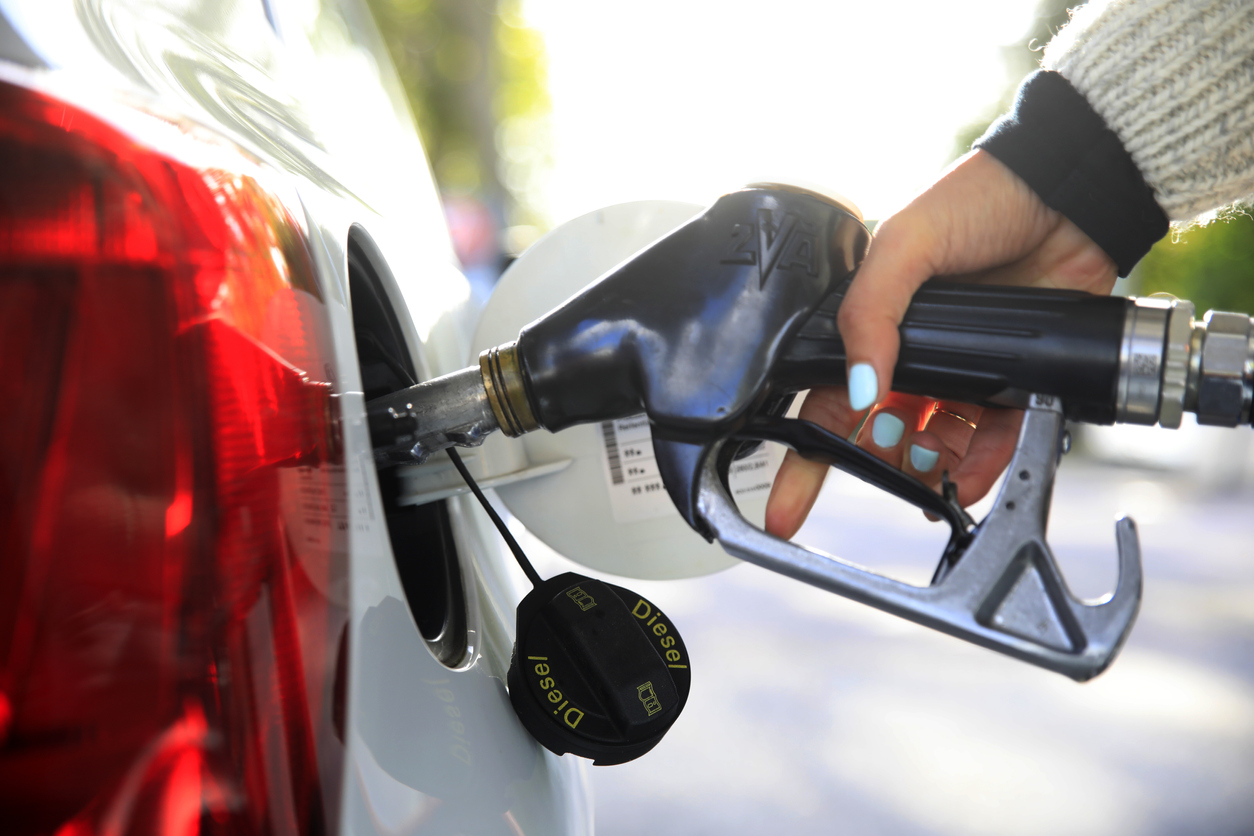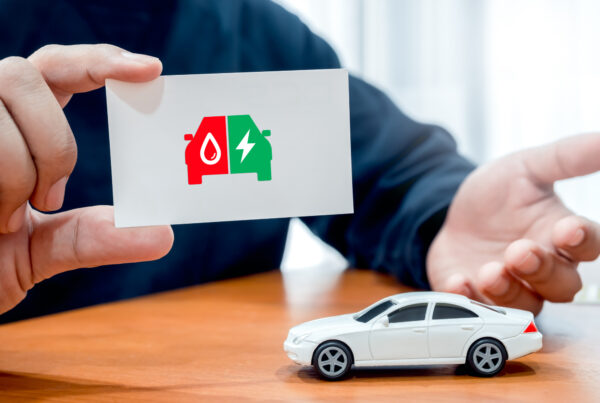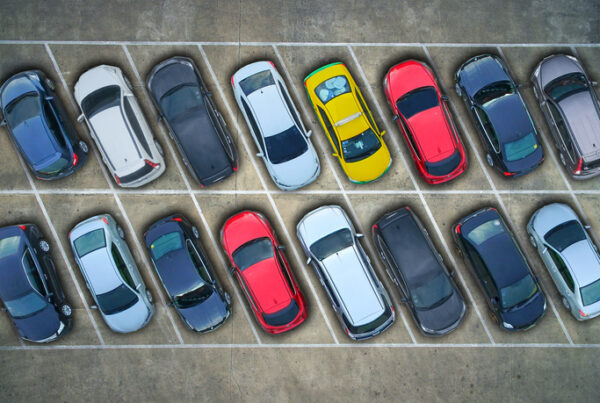Singapore has recently announced that it will cease registering new diesel cars and taxis starting from 1 January 2025. This ban comes five years before all new cars and taxis registered in the country must be cleaner-energy models beginning in 2030.
The initiative to phase out high-emission vehicles on Singaporean roads was first announced in Parliament back in March 2021. Since then, the Land Transport Authority (LTA) has reported that the number of newly registered diesel cars and taxis has fallen below 1 percent.
Exemptions to New Restrictions
In a press release, the LTA said that “diesel cars registered before 1 January 2025 can renew their Certificate of Entitlement, but will be subject to higher road taxes as a disincentive to discourage renewal.”
This policy includes a road tax surcharge of 10 percent to 50 percent for vehicles older than 10 years, depending on their age.
Furthermore, the restrictions will not apply to the import and registration of cars under the Classic Vehicle Scheme and Vintage Vehicle Scheme.
Classic vehicles must be at least 35 years old from their original registration date, while vintage vehicles are those manufactured before January 1940. Both categories must meet specific registration and technical requirements.
Transitioning Singapore’s Light Vehicle Fleet to Electric
In 2021, former Transport Minister and current Health Minister Ong Ye Kung told Parliament that transitioning all light vehicles in Singapore to electric could help achieve a net carbon reduction of 1.5 to 2 million tonnes per year, about 4% of Singapore’s total national emissions.
He also emphasised that switching from internal combustion engine vehicles to battery-powered ones would result in net carbon savings of 50 percent, even if the electricity is generated from fossil fuels like natural gas.
While newly registered diesel cars and taxis are now below the 1 percent mark, there are still 19,972 diesel-powered cars and taxis on Singapore’s roads as of May 2024. Meanwhile, 2.7 percent of the passenger cars on Singapore’s streets run on diesel currently.
While taxis have been predominantly diesel-powered in the past, a majority have now switched to petrol-electric hybrid or fully electric models. As of May, around 16.8 percent of the 13,330 taxis in Singapore were still diesel-powered.
Singapore’s decisive move to halt new diesel car and taxi registrations by 2025 underscores the nation’s dedication to environmental sustainability and public health. This forward-thinking policy, coupled with the planned transition to cleaner-energy vehicles by 2030, positions Singapore as a leader in the global shift towards greener transportation.
By embracing electric and hybrid technologies, Singapore not only aims to significantly cut its carbon emissions but also sets a strong precedent for other nations to follow. The continued decline in diesel vehicle numbers signals a promising future where cleaner, more efficient transport solutions become the norm, driving Singapore towards a healthier and more sustainable future.
Did you find this article interesting? Click the ‘heart’ button above to give it a ‘like’!


















